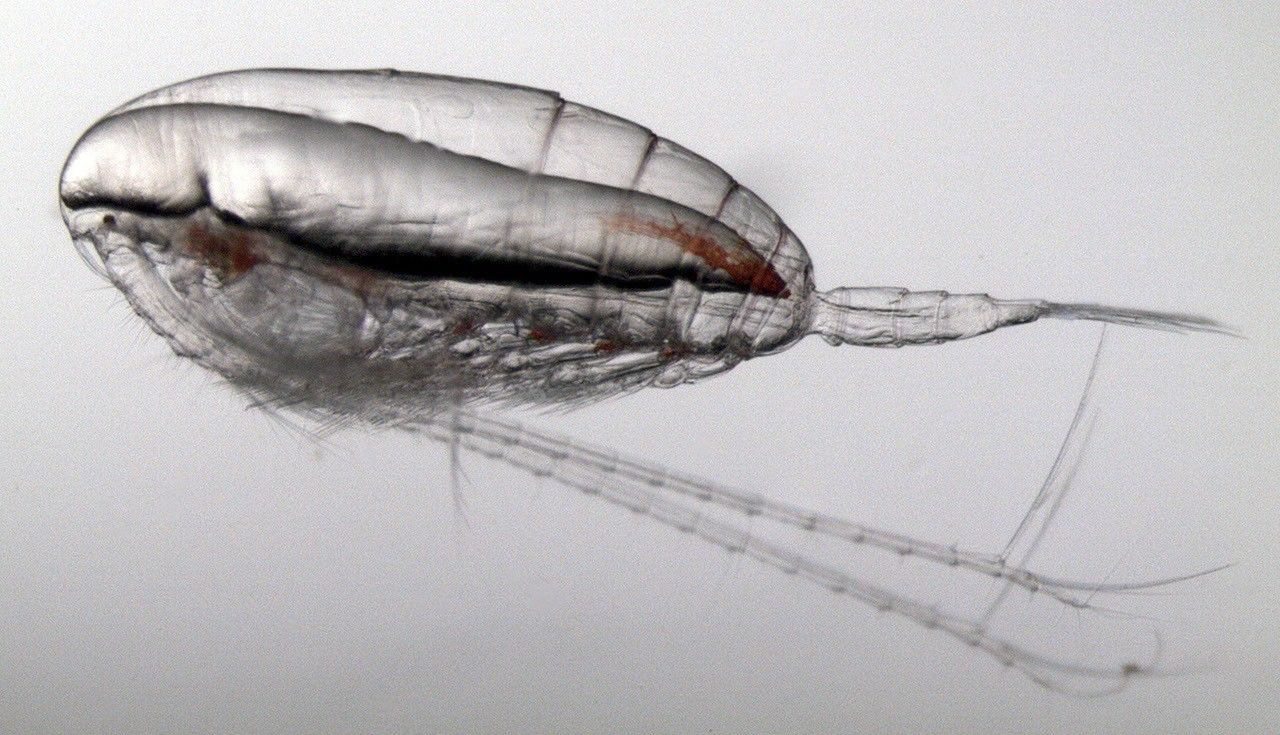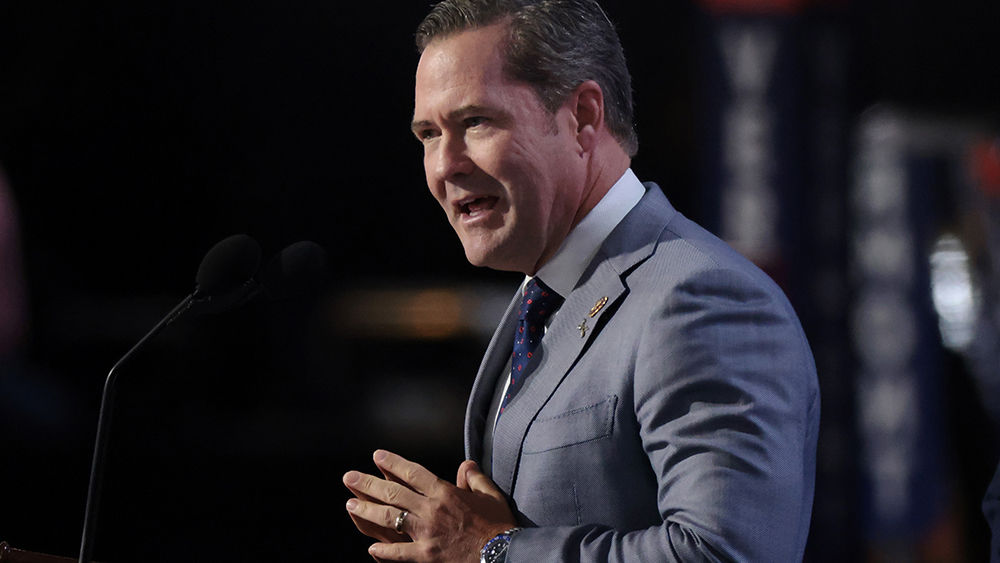David Horowitz's voice still echoes in the fight to protect wild horses
David Horowitz, known for his conservative activism, helped stop the mass slaughter of America's wild horses.

As Congress may again consider policies that could lead to the mass slaughter of America’s wild horses, we are reminded of a conservative voice who once helped stop that very outcome: David Horowitz, an occasional contributor to The Hill.
Horowitz, who passed away this month, was best known for his role in reshaping modern conservatism. But fewer know the deep compassion he and his wife, April, held for animals, especially horses. They were involved in rescue work, sharing their home with many dogs and advocating fiercely for humane treatment of equines. It was this compassion that led Horowitz to take up the cause of protecting America’s iconic wild horses.
In 2017, the Republican-led House passed legislation to legalize horse slaughter, ending a long-standing ban and threatening the lives of tens of thousands of federally protected wild horses and burros. Horowitz immediately saw the injustice and political peril of such a move. He didn’t mince words: lifting the slaughter ban, he warned, would be “political suicide.”
Drawing on polling that showed 86 percent of Trump voters, 80 percent of men, and 90 percent of women opposed horse slaughter, Horowitz issued a public call for Republican leaders to stop the bill. He saw the policy push as a land grab by a small but influential group of millionaire public lands ranchers, disconnected from the views of everyday Americans.
A staunch supporter of President Trump, Horowitz urged him to take a stand, arguing that defending wild horses was not only morally right but also squarely aligned with the president’s promise to protect America’s greatness and heritage.
“Republican leaders in the Senate must come out forcefully against the House bill,” he wrote in a 2017 op-ed in The Hill. “We need an even stronger statement from President Trump that he will veto any legislation to legalize the slaughter of America’s horses.”
In a separate piece in his Front Page Magazine, Horowitz called out the Bureau of Land Management’s mismanagement of wild horses and its cost to taxpayers. “This country was built on the backs of horses — and they don’t deserve to be slaughtered because the [bureau] has bungled the job of managing them. If they are in fact slaughtered, it will cost millions of dollars to round them up, and they will just reproduce again. Once again, the government will spend a lot of money not solving a problem.”
The effort worked. The Senate blocked the legislation, and two years later, the Trump administration took slaughter off the table, citing the president’s lack of support for lethal options.
Horowitz was not just effective but in fact ahead of his time. He viewed horse slaughter not only as inhumane but as fiscally reckless and politically toxic. Instead, he championed humane, cost-effective alternatives like fertility control, recognizing that managing wild horses on the range is better for the horses, the land, and the American taxpayer.
His foresight is especially relevant today. The policy blueprint known as Project 2025, spearheaded by the Heritage Foundation, proposes giving the Bureau of Land Management sweeping new authority to “humanely dispose of” wild horses, a euphemism that again signals mass slaughter. If enacted, it would reverse decades of bipartisan protections and undermine public trust in our government’s stewardship of public lands.
In moments like this, Horowitz’s legacy offers both guidance and warning. He proved that wild horse protection is not a partisan issue, but is a matter of principle. He showed that conservative values of stewardship, compassion, fiscal responsibility can and should include protecting the West’s most iconic animals.
We at American Wild Horse Conservation extend our condolences to the Horowitz family. His loss is deeply felt, but his voice and his impact endure.
Suzanne Roy is executive director at American Wild Horse Conservation.












































































